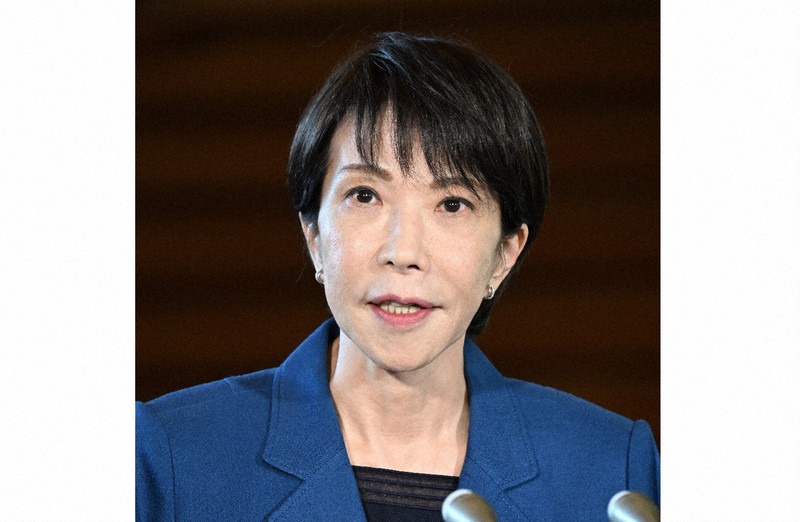The current Japanese Prime Minister stands lone in his party, the N Party, as he has chosen not to align with a unified coalition. The reasons behind this and its potential impacts are yet to be explored. As the news unfolds, this could potentially sway the stability and balance within Japan's government and could alter the direction of future policies.
Japanese politics is largely based on party alliance and coalition. It provides stability and ensures that the majority's will is represented in policy-making. The Prime Minister refraining from joining an alliance can signify a significant shift in consensus or highlight differences in democratic strategies within the N Party. Japanese citizens often closely follow such political dynamics as they can impact legislation and policy.
In the US or EU, similar incidents can create substantial political stress, leading to significant changes in government and policy. For instance, the inability to form a coalition government or significant divides within a party can result in a hung parliament in the UK, or political bipartisanship in the US.

